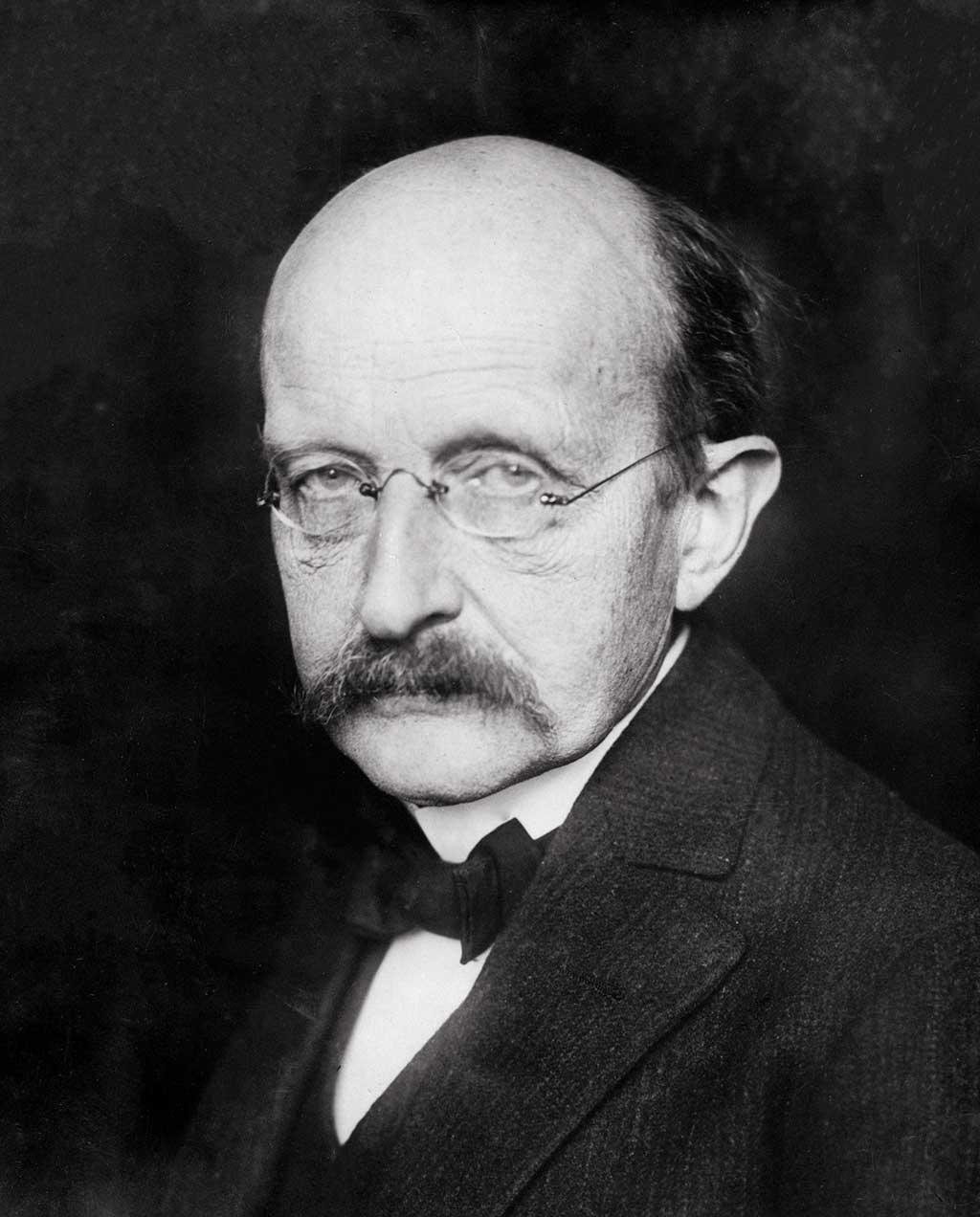
Existe uma mente consciente e inteligente
- Física, Matemáticas, Química
- Fe, Inteligencia, Maravilla, Un Ser
- 14 June, 2017
Max Planck
Prêmio Nobel de Física em 1918
“Como homem que dedicou sua vida inteira à ciência, no seu estado mais claro e superior – o estudo da matéria – posso dizer-vos, como resultado de minhas investigações, o seguinte acerca do átomo: A matéria como tal não existe. Toda a matéria se origina e existe somente pela virtude de uma força que faz com que as partículas atômicas vibrem, mantendo-as juntas no mais diminuto dos sistemas solares: o átomo. Devemos assumir que atrás desta força existe uma mente consciente e inteligente. Essa mente é a matriz de toda a matéria.”
Fonte: Das Wesen der Materie [A natureza da Matéria], conferência em Florência, Itália (1944).
Texto original: «As a man who has devoted his whole life to the most clear headed science, to the study of matter, I can tell you as a result of my research about atoms this much: There is no matter as such. All matter originates and exists only by virtue of a force which brings the particle of an atom to vibration and holds this most minute solar system of the atom together. We must assume behind this force the existence of a conscious and intelligent mind. This mind is the matrix of all matter».
Max Planck
(Kiel, Alemanha, 1858 – Gotinga, Alemanha, 1947)
Prêmio Nobel de Física (1918)
Físico e matemático alemão
Considerado como o fundador da Teoria Quântica
Alma Mater Universidade de Munchen
“Não importa de onde e de quão distante olhamos, em nenhuma parte encontramos uma contradição entre a religião e as ciências naturais. Pelo contrário, encontramos uma concordância completa nos mesmos pontos de importância decisiva. A religião e as ciências naturais não se anulam entre si – como muitos de nossos contemporâneos acreditam ou temem. Elas se complementam e se condicionam mutualmente. A prova mais imediata da compatibilidade da religião e da ciências naturais, mesmo sob o exame minucioso da crítica, é o fato histórico de que os maiores científicos naturais de todos os tempos – homens como Kepler, Newton ou Leibniz – estavam impregnados de uma profunda atitude religiosa.”
Fonte: Conferência sobre a relação entre religião e ciência. Originalmente intitulado Religion und Naturwissenschaft. A tradução completa (em inglês) está em Max Planck: Scientific Autobiography and Other Papers (1968).
Texto original: No matter where and how far we look, nowhere do we find a contradiction between religion and natural science. On the contrary, we find a complete concordance in the very points of decisive importance. Religion and natural science do not exclude each other, as many contemporaries of ours would believe or fear. They mutually supplement and condition each other. The most immediate proof of the compatibility of religion and natural science, even under the most thorough critical scrutiny, is the historical fact that the very greatest natural scientists of all times—men such as Kepler, Newton, Leibniz—were permeated by a most profound religious attitude.
“Tanto a religião quanto a ciência requerem fé em Deus. Para os crentes, Deus está no princípio de todas as considerações, para os cientista, no final.”
Fonte: Conferência sobre a relação entre a religião e a ciência. Originalmente intitulado Religion und Naturwissenschaft. A tradução completa (em inglês) está em Max Planck: Scientific Autobiography and Other Papers (1968)
Texto original: Both religion and science require a belief in God. For believers, God is in the beginning, and for physicists He is at the end of all considerations
“A ciência é incapaz de resolver os últimos mistérios da natureza pois, em última análise, nós somos parte da natureza e, portanto, parte do mistério que tentamos resolver.”
Fonte: Where is Science Going? (1932)
Texto original: Science cannot solve the ultimate mystery of nature. And that is because, in the last analysis, we ourselves are part of nature and therefore part of the mystery that we are trying to solve.